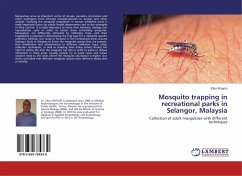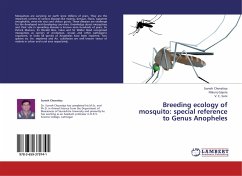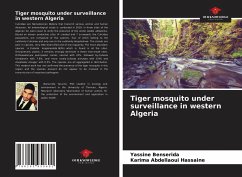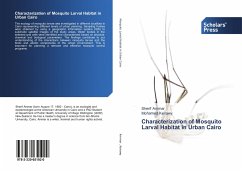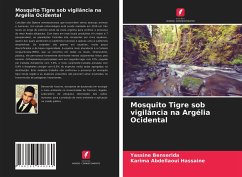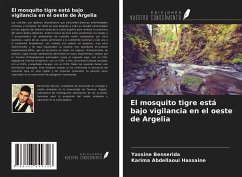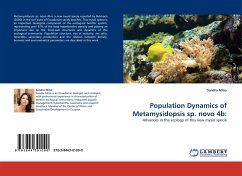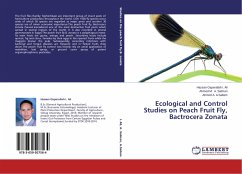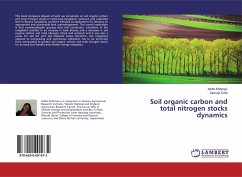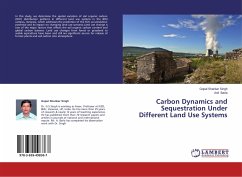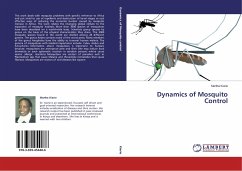
Dynamics of Mosquito Control
Versandkostenfrei!
Versandfertig in 6-10 Tagen
51,99 €
inkl. MwSt.

PAYBACK Punkte
26 °P sammeln!
This work deals with mosquito problems with specific reference to Africa and put atrial to use of repellents and destruction of larval stages as cost effective ways of reducing the economic burden caused by mosquito menace in Africa. The work relates the changing global climate to the expansion of mosquito habitats. More than 3000 species of mosquitoes have been described on a world-wide basis. Scientists group species by genus on the basis of the physical characteristics they share. The 3000 mosquito species found in the world are divided among 28 different genera. The genus Aedes contains so...
This work deals with mosquito problems with specific reference to Africa and put atrial to use of repellents and destruction of larval stages as cost effective ways of reducing the economic burden caused by mosquito menace in Africa. The work relates the changing global climate to the expansion of mosquito habitats. More than 3000 species of mosquitoes have been described on a world-wide basis. Scientists group species by genus on the basis of the physical characteristics they share. The 3000 mosquito species found in the world are divided among 28 different genera. The genus Aedes contains some of the worst pests. Many members of the genus Anopheles have the ability to transmit human malaria. The genera of mosquitoes with medical importance include: Culex, Aedes and Anopheles. Information about mosquitoes is important to humans because: mosquitoes are annoyance pest and their bite may induce local dermatitis or even systematic reaction in sensitive persons where cause severe allergic reactions. Mosquitoes are vectors of parasites such as Plasmodium spp that cause Malaria and thread-like nematodes that cause filariasis. Mosquitoes are vectors of viral diseases like Japane



